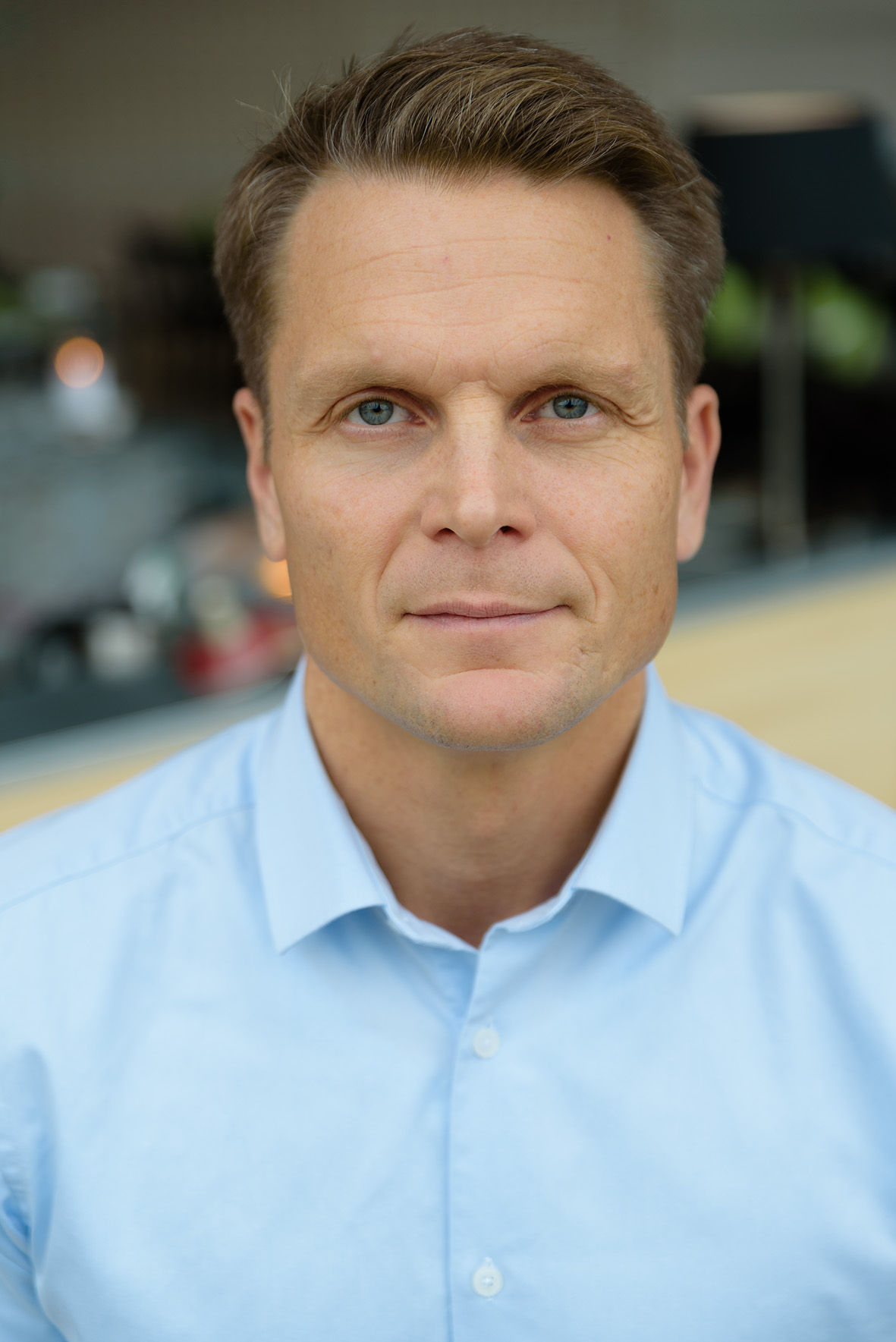Thomas Nygren
Department of Education
Uppsala University
What, how and why do secondary students learn in relation to guidelines and ideals of global citizenship education? This question is the starting point of this project investigating the implementation of global citizenship education (GCED) in Sweden, South Africa, USA, India, Germany, France, England, and New Zealand. GCED is today emphasized as a pivotal part of education including ideals of human rights education (HRE), peace education (PE) and education for sustainable development (ESD). But how students are educated to “become” global citizens and the potentials and pitfalls of learning about, through and for human rights, peace and sustainability has so far not been investigated in a systematic and comparative way. Questions regarding what, how and why sustainability, peace and human rights can and should be taught in schools can be answered in multiple ways – opening up for some educational opportunities while hindering other learning potentials. The interplay of different dimensions of HRE, PE and ESD is today not clear, not in theory and nor in practice, and we will in this project investigate this to clarify relationships in theory and practice and how this relates to what students have learned after nine years of formal schooling.
Participating researchers:
PI: Thomas Nygren, Associate Professor, Department of Education, Uppsala University, has previously analyzed the complexity of implementing international understanding (1927-2002) in guidelines and in students’ knowledge construction; investigated in classroom practices critical thinking and universal values in human rights education in Sweden and USA; and also analyzed the Swedish curriculum in light of theories of peace education.
Researcher: Felisa Tibbitts, Senior lecturer, Teachers College, Columbia University, has previously studied human rights, (global) democratic citizenship and peace education; education in post-conflict and transitional societies; curriculum development and reform; critical pedagogy; and social change theory. Current projects in global citizenship education and teacher preparation, political contexts and grassroots human rights education strategies; human rights education in secondary schools; and the infusion of human rights education within the training of professionals.
Researcher: Katerina Standish, Senior lecturer, National Centre for Peace and Conflict Studies, Otago University, is the inventor and primary researcher for the Peace Education Curriculum Analysis (PECA) (pecaproject.org) and creator of Yogic Peace Education. Her previous studies involves curriculum analysis of peace education in Australia, Sri Lanka, Sweden, Israel, England, Mexico, Canada, Saudi Arabia and New Zealand.
Researcher: Johan Wasserman, Professor, Department of Humanities Education, University of Pretoria, has previously studied the teaching of controversial issues; minorities and the minoritised in colonial Natal; violence and history teaching; human rights in history and social studies teaching.
Researcher: Oakleigh Welply, Assistant Professor, School of Education, Durham University, has studied the experiences and identities of immigrant-background children in primary schools in France and England from a cross-national perspective and the interplay between global, national and local dimensions. Her current research focus on the relationship of education to issues of language, religion, immigration, integration, globalisation, identity, gender and citizenship.
Researcher: Thomas Potthast, Professor, International Centre for Ethics in the Sciences and Humanities (IZEW), Tübingen University. Professor Potthast studies moral philosophy, bioethics, environmental ethics. In his research he is interested in for instance “Epistemic-moral hybrids”: About the relation of empirical sciences and evaluative/normative dimensions and ethics and Sustainable Development in selected areas of practice such as global change and preservation of nature.
Researcher: David Kronlid, Associate Professor, Department of Education, Uppsala University and research advisor at SWEDESD (the Swedish International Center of Education for Sustainable Development) and previously employed at CEMUS. He has previously studied environmental ethics, ecofeminism, and holistic mobility with a focus on its existential, ethical and environmental ethical aspects. Recently his research focuses on climate change justice, mobility and education for sustainable development.
Researcher: Stefan Bengtsson, PhD, project coordinator SWEDESD (the Swedish International Center of Education for Sustainable Development), has previously studied didactics, curriculum theory, and critical social theory. His research focuses on the politics of education within the area of environmental and sustainability education. In his role as project coordinator at SWEDESD he is responsible for coordinating ESD implementation efforts in Sweden as part of by the Swedish Government assigned role of national focal point for the Global Action Programme on ESD.
Researcher: Anamika, PhD, is currently teaching in the Department of Education (CIE), University of Delhi. She has also taught in Lady Shri Ram College for Women and Jamia Millia Isalmia. Her Ph.D. is on “Pedagogy of Human Rights Education in the Elementary Schools of Taipei and New Delhi” done at the Department of Education, National Chengchi University, Taiwan. She is a recipient of grants from Taiwan Government Scholarship, Australian Aid (AusAID) and Georg Eckert Institute. Her recent publications include “Exploring the notion of inclusive education among B.El.Ed pre-service teachers”, Indian Journal of Teacher Education.
Researcher: Judit Novak, doctoral student, Department of Education, Uppsala University, has previously studied the adaptation of school inspection and regulation to ”rights-based” legislation, quality-assurance controls and audit policy (in local, national and international contexts). Of particular interest is how these adaptations (re)construe the aims, means and substance of schooling and shapes our understanding of what knowledge ”is” and what our educational systems are supposed to achieve.
Researcher: Jesse Schrage, MA, is coordinator at CEMUS, Centre for Sustainable Development, Uppsala University and he has previously researched the implementation of sustainability in teacher education in Botswana. In his current research he is analyzing the implementation of UNESCO’s guidelines.

